The Social Health Authority (SHA) is facing what lawmakers warn could become a legal time bomb after accruing an estimated KSh 76 billion in unpaid hospital bills, a financial burden that now threatens its viability and the sustainability of Kenya’s health sector.
That staggering debt — owed largely to private hospitals via the Rural and Urban Private Hospitals Association (RUPHA) — has pushed dozens of health facilities to the edge of closure, with management citing cash-flow collapse, staff layoffs, and disruption to patient services. —
Mounting Arrears, Deepening Crisis.
Sources confirm that the KSh 76 billion figure includes longstanding claims from private and faith-based hospitals that have struggled for months to obtain reimbursements from the SHA and the now-defunct NHIF. RUPHA officials reveal that many hospitals have already reverted to cash payments only, abandoning the SHA system entirely.
In remote counties, where private hospitals are often the only providers, this shift risks leaving communities without access to essential care. Lawmakers warn that the debt could incapacitate SHA’s operations altogether — not just in payments but in ability to regulate, audit, and fund future programs.
Hospitals Issued Ultimatum: Shutdown or Survival.
Medical facilities across the country are sounding the alarm. Delayed or partial reimbursements have made it impossible for many to pay suppliers, maintain critical equipment, or retain staff. In several counties, hospital wings have already shut down, while maternity wards and emergency services are under severe strain.
Hospitals in sparsely served counties such as Wajir, Mandera, Marsabit, and Samburu are particularly vulnerable — in many cases they have no fallback if government payments do not arrive soon.
Legislative Pressure and Legal Fallout.
Parliament is now under intense pressure. Some lawmakers are calling for forensic audits, accountability for mismanagement, and even criminal referral of SHA officials. The phrase “legal time bomb” has been used by senior legislators to describe the risk that lawsuits, insolvency claims, and class actions from health providers could erupt.
In serious warning to health sector watchers, some MPs suggest that SHA may collapse completely unless immediate fiscal and structural interventions are made.
The Stakes: Health Access, Public Trust and System CollapseThe potential collapse of SHA would not merely threaten hospital budgets — it risks undermining access to healthcare across Kenya, reversing gains in universal health, and eroding public trust in government’s ability to manage essential services.
With hundreds of private hospitals teetering on the brink, the failure to act could spark an exodus from the system: providers exit, patients lose care, and government faces full exposure of a health financing crisis of its own making.The coming hours and days are pivotal. The SHA’s future — and that of Kenya’s health system — hang in the balance.

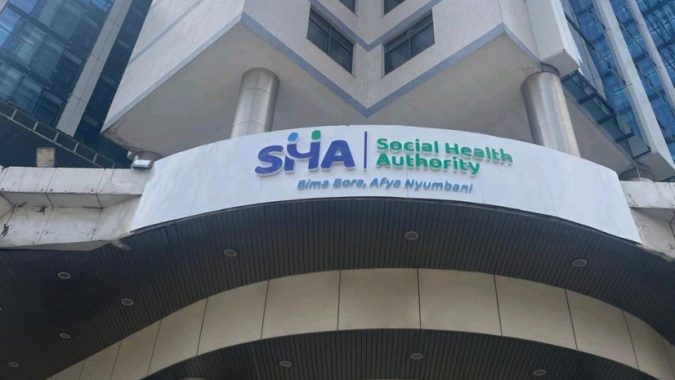


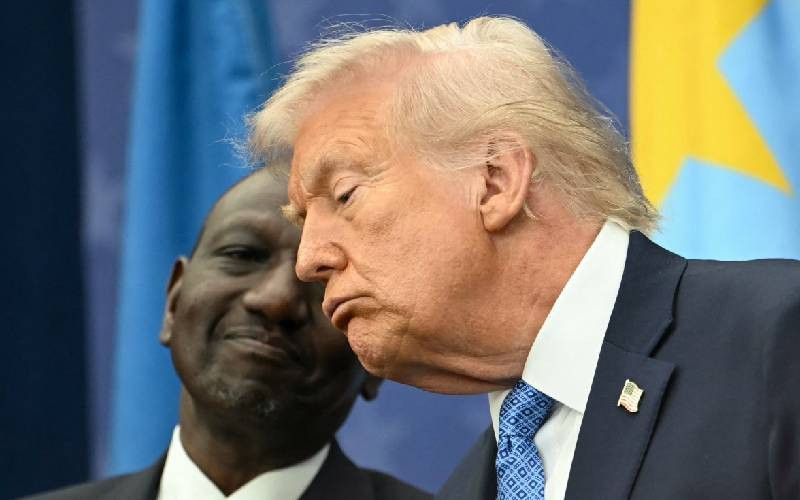
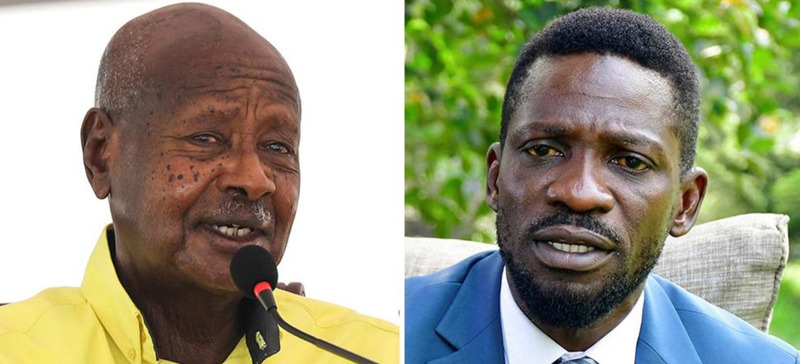
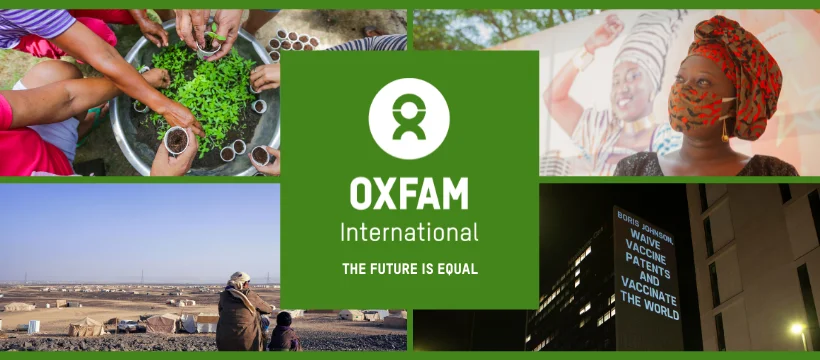



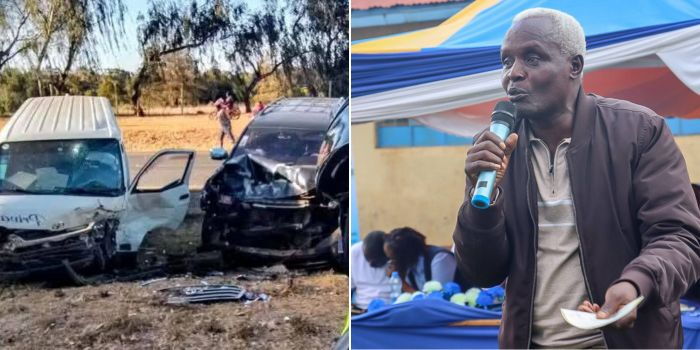

Leave a Reply